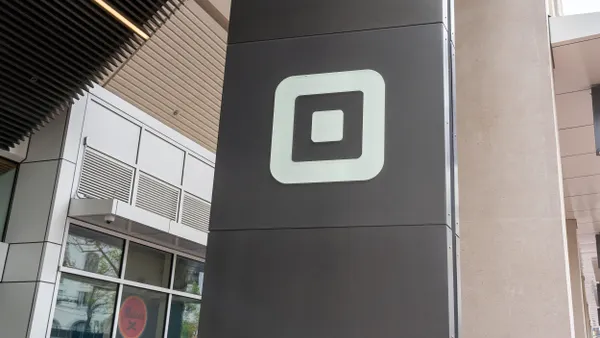Brian Tate is CEO of the Innovative Payments Association, a trade group representing banks, card companies and other payments providers.
For the past six years, I have written extensively about earned wage access, and the fundamental truth remains: EWA empowers American workers to manage their day-to-day finances and provides a crucial safety net for emergencies.
It is a product powered by American workers’ earnings that are due to them. It is not, as some would argue, a credit or lending product, nor does it create a debt obligation for workers.
Today, I urge the Consumer Financial Protection Bureau (CFPB) to protect hardworking Americans by issuing a new advisory opinion that clearly affirms EWA's non-credit status. This action would bring much-needed clarity and stability to the EWA market and ensure continued access to this vital financial tool.
As the CFPB noted in its 2020 EWA Advisory Opinion (AO), “EWA…facilitates employees’ access to wages they have already earned, and to which they are already entitled, and thus functionally operates like an employer that pays its employees earlier than the scheduled payday.” That AO provided essential guidance, which the industry used to build compliant, consumer-focused products.
The stability afforded by the 2020 AO allowed the EWA market to grow exponentially. Today, more providers, more models, and significantly more consumers benefit from EWA than when the AO was issued.
The advantages are clear: employees gain access to earnings to cover unexpected expenses and smooth income volatility, and employers report more financially stable and productive teams.
At the state level, lawmakers have responded by creating EWA-specific consumer protections that recognize its unique nature. These protections include requiring clear disclosures, offering a free option for wage access, and prohibiting debt collection practices, further emphasizing that EWA is not credit.
However, in July 2024, under the leadership of then-Director (Rohit) Chopra, the CFPB reversed course and issued a Proposed Interpretive Rule (PIR) that categorized EWA as a credit product. This action directly contradicted the agency’s own 2020 AO, issued under Director (Kathy) Kraninger.
The 2024 PIR lacked research, analysis, and a nuanced understanding of the EWA marketplace, causing widespread confusion among providers, media and policymakers.
Although the 2024 PIR was never finalized, the CFPB took another troubling step in January 2025 – less than a week before Inauguration Day – by issuing another Advisory Opinion that outright revoked the 2020 AO. This last-minute decision occurred without consultation from EWA stakeholders and lacked the depth of analysis expected from a federal agency reversing long-standing policy.
In response the House Financial Services Committee expressed concern, writing to Acting CFPB Director Russell Vought: “Committee Republicans feel strongly that an advance on funds that an individual has already earned is not a ‘credit’ offering.” The committee members warned that categorizing EWA as credit discourages firms from offering it, limits consumer access to short-term liquidity, and pushes people toward higher-cost credit options. If you're confused, you're not alone.
On May 12, the CFPB published a list of guidance and interpretive rules it plans to rescind – including the January 2025 EWA Advisory Opinion. This is a welcome first step, but more action is needed to prevent the regulatory pendulum from swinging back and forth.
Americans living paycheck to paycheck deserve better. Our banking policies should reflect this reality. EWA allows wage earners to access money they've already earned – period.
The CFPB should settle this issue once and for all by issuing an expanded advisory opinion that clearly affirms EWA, in all of its forms, is not credit. It’s time to provide regulatory certainty that respects both common sense and consumer need. Let's make it happen.













